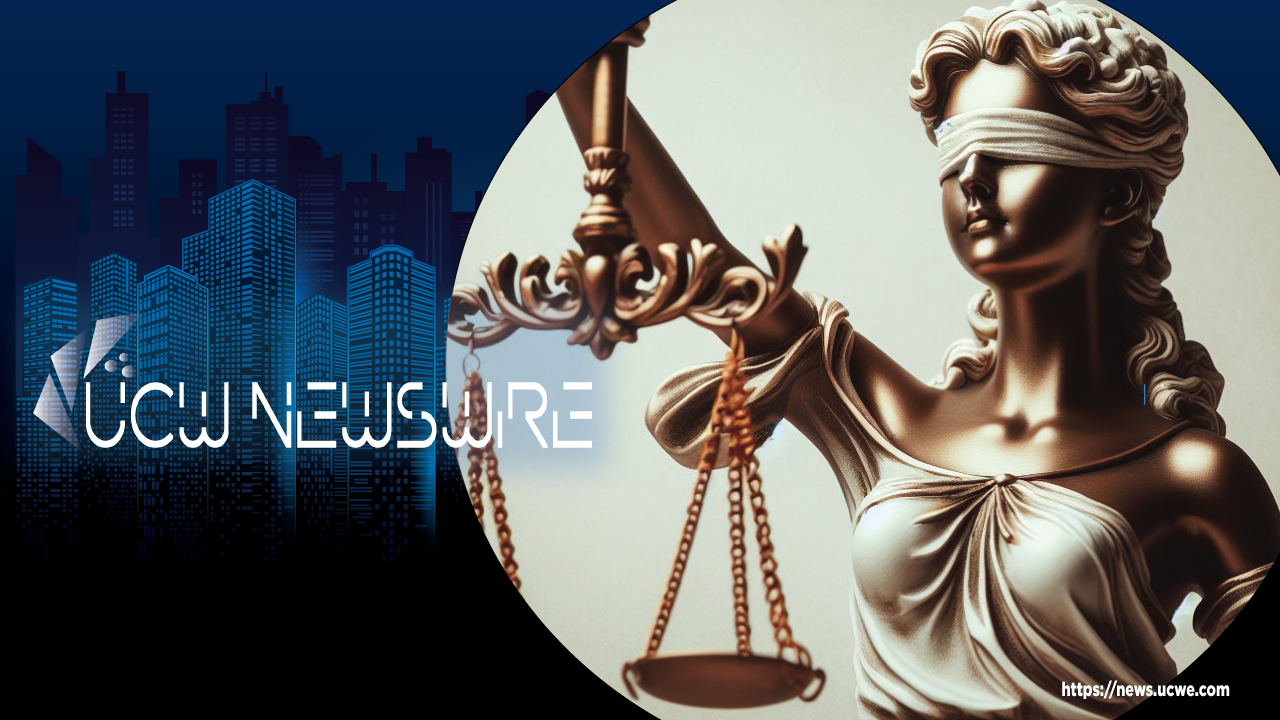Tai Mo Shan Ltd. Settles $123 Million SEC Case Over TerraUSD Misleading Practices
Tai Mo Shan Ltd., part of Jump Trading’s cryptocurrency unit, has agreed to pay $123 million to resolve claims by the US Securities and Exchange Commission (SEC) that it misled

Tai Mo Shan Ltd., part of Jump Trading’s cryptocurrency unit, has agreed to pay $123 million to resolve claims by the US Securities and Exchange Commission (SEC) that it misled investors regarding the stability of the failed TerraUSD algorithmic stablecoin. The settlement, announced Friday, also includes allegations that the company violated securities laws while underwriting offerings of TerraUSD’s sister token, Luna. Despite agreeing to settle, Tai Mo Shan did not admit or deny the allegations.
The Collapse of TerraUSD
TerraUSD was designed to maintain a consistent $1 value through a complex interplay of algorithms and trader incentives linked to Luna. However, the SEC claims that Tai Mo Shan’s trading activities deceived the market by creating an illusion of stability during a critical period.
In May 2021, as TerraUSD’s value began to fall below its $1 peg, Tai Mo Shan made large purchases to stabilize the coin. These actions, incentivized by an agreement with Terraform Labs, allegedly misled investors into believing the blockchain’s arbitrage mechanism alone was responsible for restoring the coin’s value. According to the SEC’s cease-and-desist order, Tai Mo Shan’s negligence in recognizing the impact of its trading on the broader market constituted a breach of trust.
SEC’s Allegations of Misconduct
The SEC’s order stated that Tai Mo Shan purchased over $20 million worth of TerraUSD during its de-pegging crisis. From early 2021 to May 2022, the company also acted as an underwriter for Luna, which the SEC classified as a security. “Tai Mo Shan should have known that its trading would mislead the investing public to believe that Terraform’s arbitrage mechanism, which was coded into Terraform’s blockchain, alone raised the price of UST back up to $1,” the SEC wrote.
Connections to Jump Trading and Kanav Kariya
Tai Mo Shan’s parent company, Jump Crypto, has faced increased scrutiny for its involvement with Terraform Labs. Former Jump Crypto President Kanav Kariya, an early intern who rose to lead the firm, was a member of the Luna Foundation Guard, the entity responsible for managing TerraUSD’s reserves. Kariya stepped down in June 2023, as confirmed in a social media post.
Court filings from the SEC last year alleged that Jump Crypto had a secret deal with Terraform Labs to support TerraUSD, generating profits of approximately $1 billion from the relationship. The collapse of TerraUSD, alongside its sister token Luna, erased $40 billion in investor assets and sent shockwaves through the cryptocurrency industry.
Terraform Labs’ Broader Legal Troubles
The settlement with Tai Mo Shan comes in the wake of Terraform Labs’ agreement to pay almost $4.5 billion to settle its own SEC lawsuit. The catastrophic failure of TerraUSD marked a pivotal moment in the “crypto winter,” an era characterized by plunging valuations and regulatory crackdowns.
The SEC’s case against Tai Mo Shan underscores the growing regulatory focus on cryptocurrency firms and their obligations to protect investors. By spotlighting how market manipulation and opaque dealings can undermine trust, the case sends a clear message to the industry: deceptive practices will not go unchecked.
As the fallout from TerraUSD’s collapse continues to unfold, this settlement serves as a cautionary tale for cryptocurrency firms navigating the increasingly scrutinized digital asset landscape. For investors, it’s a stark reminder of the risks inherent in unregulated markets, even when backed by prominent trading entities.
Thomas Lin
UCW Newswire

